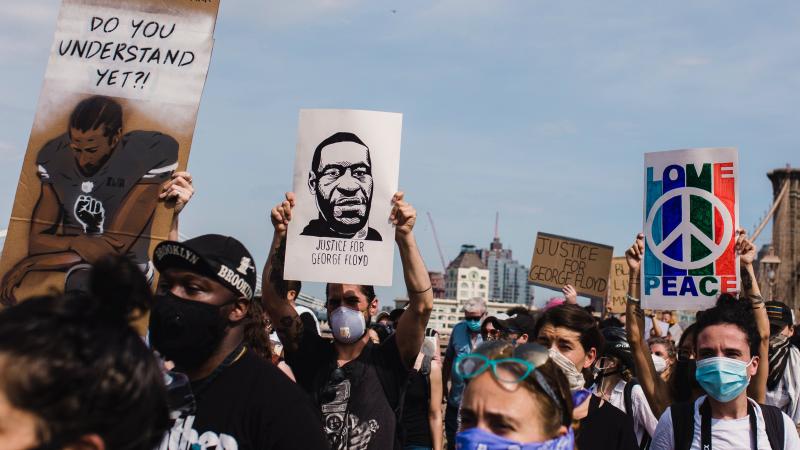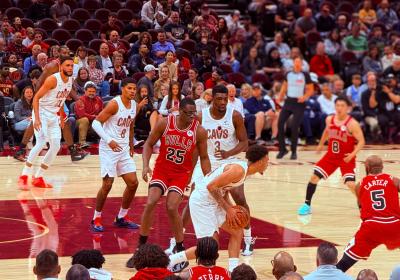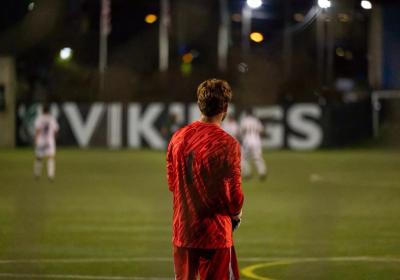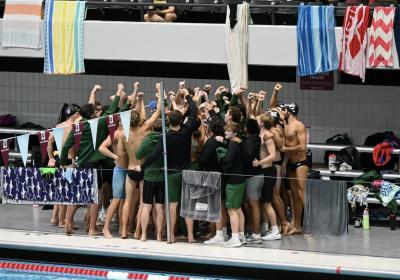
What did the African American presence off the field at the Super Bowl mean?
The NFL has not always shown an interest in racial injustice against the African American community. The real eye opener was Colin Kaepernick, a former player who took a knee during the national anthem to protest racial injustice in America.
Kaepernick was let go from his team, the San Francisco 49ers, after some fans said his peaceful protest during the national anthem was disrespectful, according to social media and news outlets. Then President Trump called for team owners to "fire" players who followed Kaepernick's lead.
NFL commissioner Roger Goodell said the following about Kaepernick's protest and addressed fans' concerns of the disrespect they felt was happening.
“Well my personal thoughts are... I support our players when they want to see change in society, and we don't live in a perfect society. We live in an imperfect society," Goodell said, according to USA Today.
"On the other hand, we believe very strongly in patriotism in the NFL. I personally believe very strongly in that," Goodell said. "I think it's important to have respect for our country, for our flag, for the people who make our country better; for law enforcement, and for our military who are out fighting for our freedoms and our ideals.”
Many African American players in the league took to social media to express their frustration at the NFL's inability to see their concerns.
Many of their supporters expressed disbelief and frustration that one of the biggest sports in America was turning something of a blind eye to the concerns of African American players.
This year's Super Bowl off-field performances were seen by many as at least an attempt to begin to deal with the NFL's issues. They were happy with the representation of African Americans. It felt like their voices had been heard and they had been seen.
- “I think it’s a start but we still have a long way with the representation of African Americans in the Super Bowl or anything in general,” graduate student Armonie Pope said.
- "Following the murders of George Floyd and Breonna Taylor, television and print advertising has been motivated to display diverse images; including people of color, interracial couples, and LGBTQ relationships in their promotions,” graduate student Erica Blockson said. “That same inspiration appears to have transpired with the selection of entertainers who performed at Super Bowl LV.”
- “The fact that African Americans dominated the stage with three singers, one poet laureate, and one American sign language interpreter leads me to believe our society is slowly embracing a transformation of the standard face of America,” Blockson said. “It is unfortunate it took centuries for minorities to be the dominant face in advertising, but our society seems to be embracing it for now.”
- “I think they were well represented but if the events last year didn’t happen they probably wouldn’t have been,” senior Taja Thompson said.
While many people saw what happened at the Super Bowl it as a step in the right direction, others were left wondering whether the performances by African Americans off the field were a genuine attempt by the NFL to do the right thing, or was it a public relations exercise.
Going forward, many in the African American community hope to see the NFL supporting them better; showing that the lives of their players are important as well.




